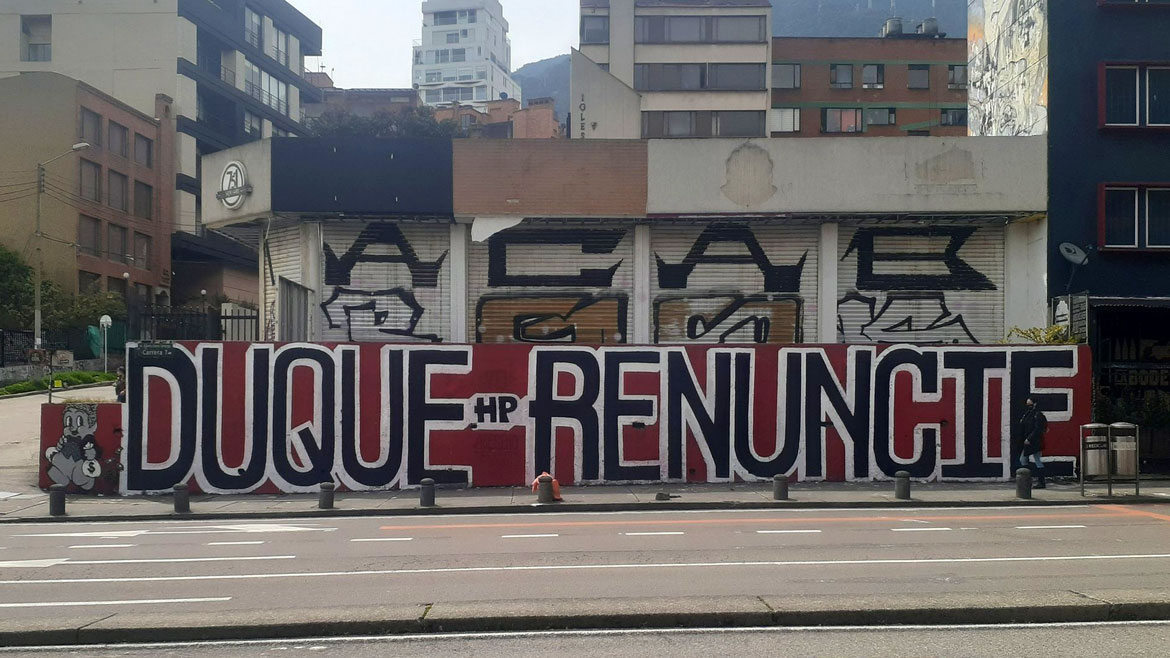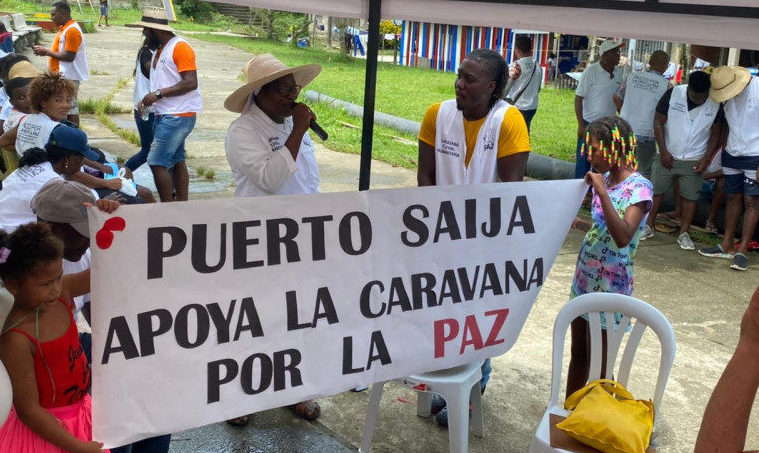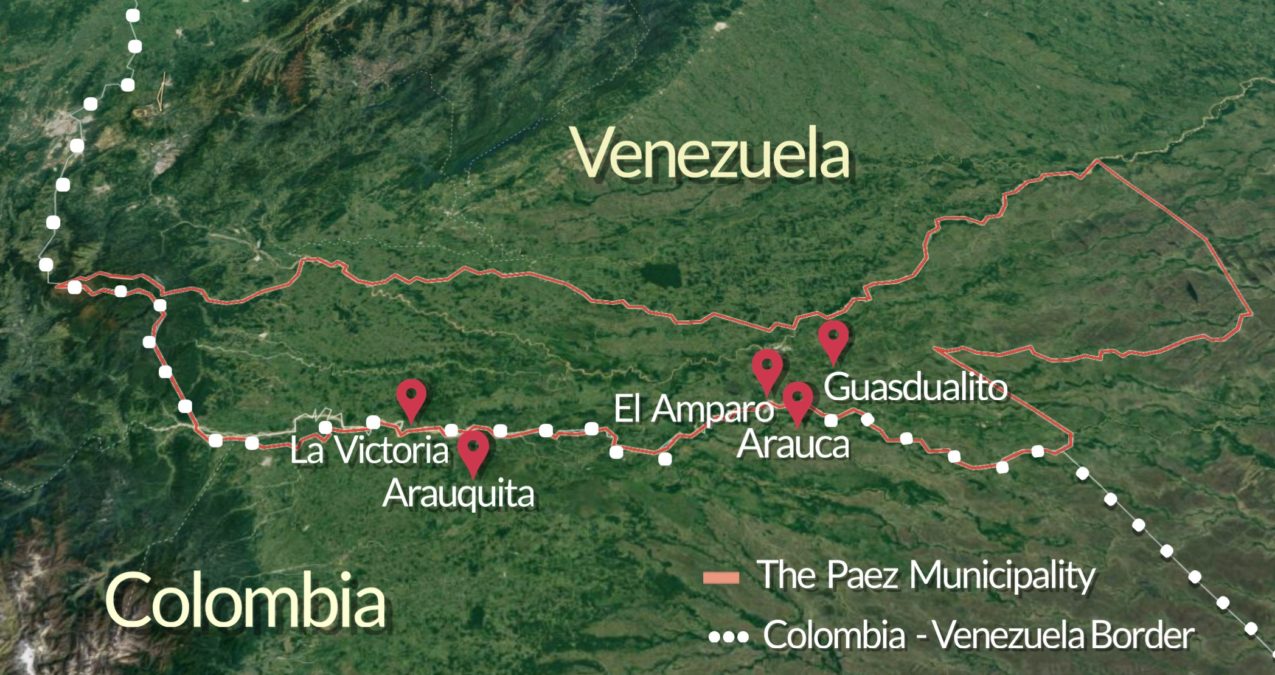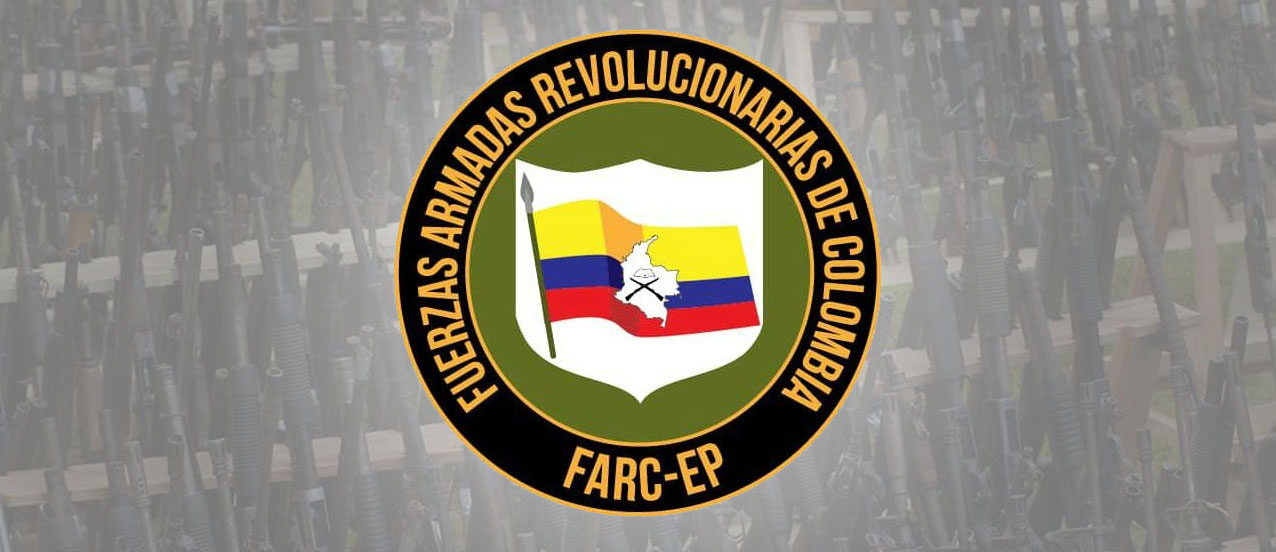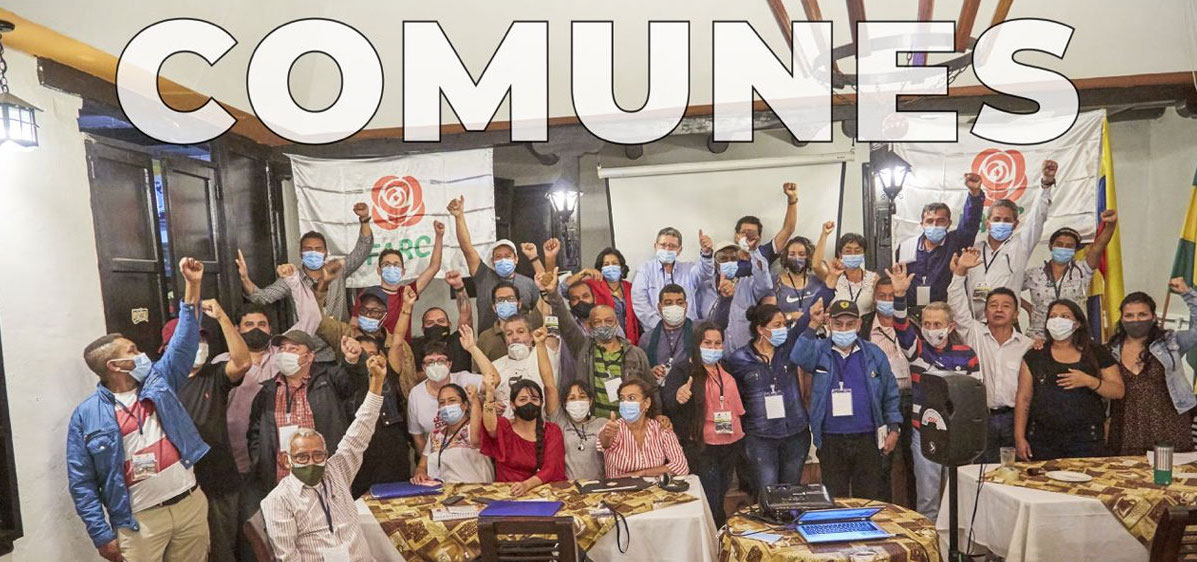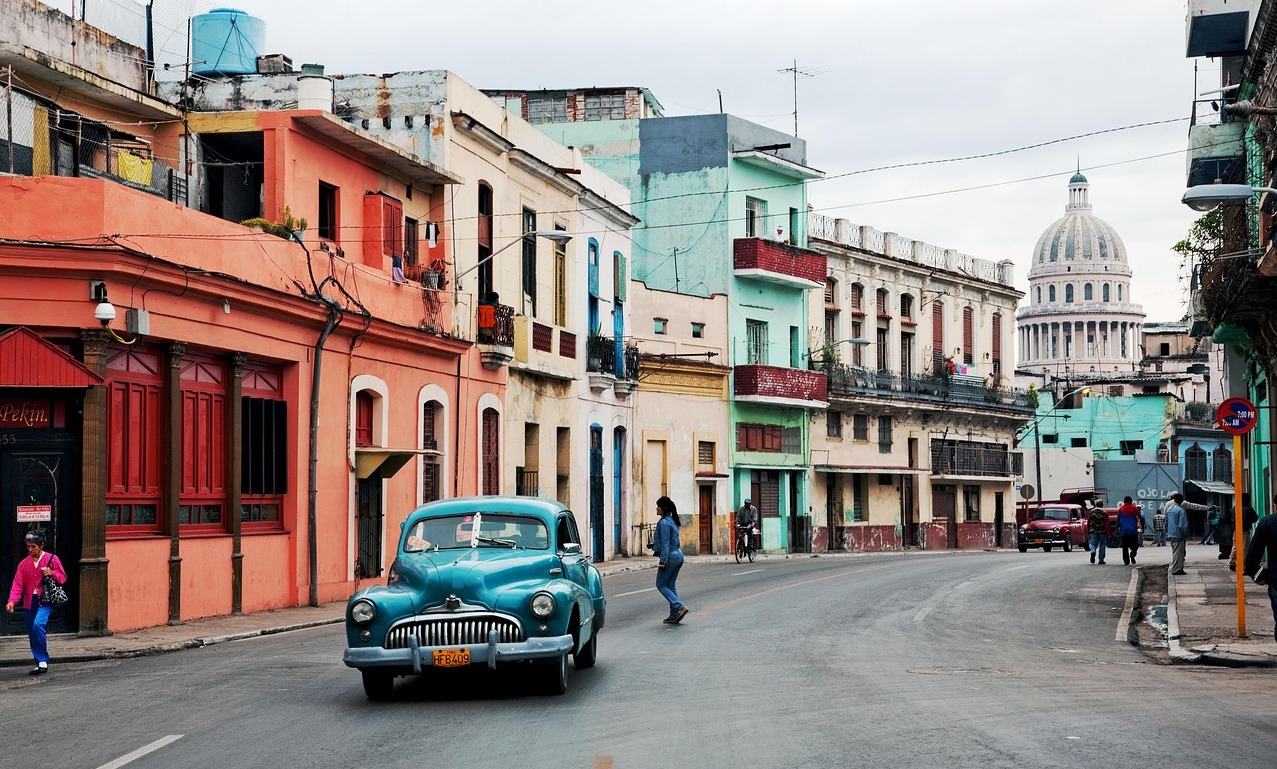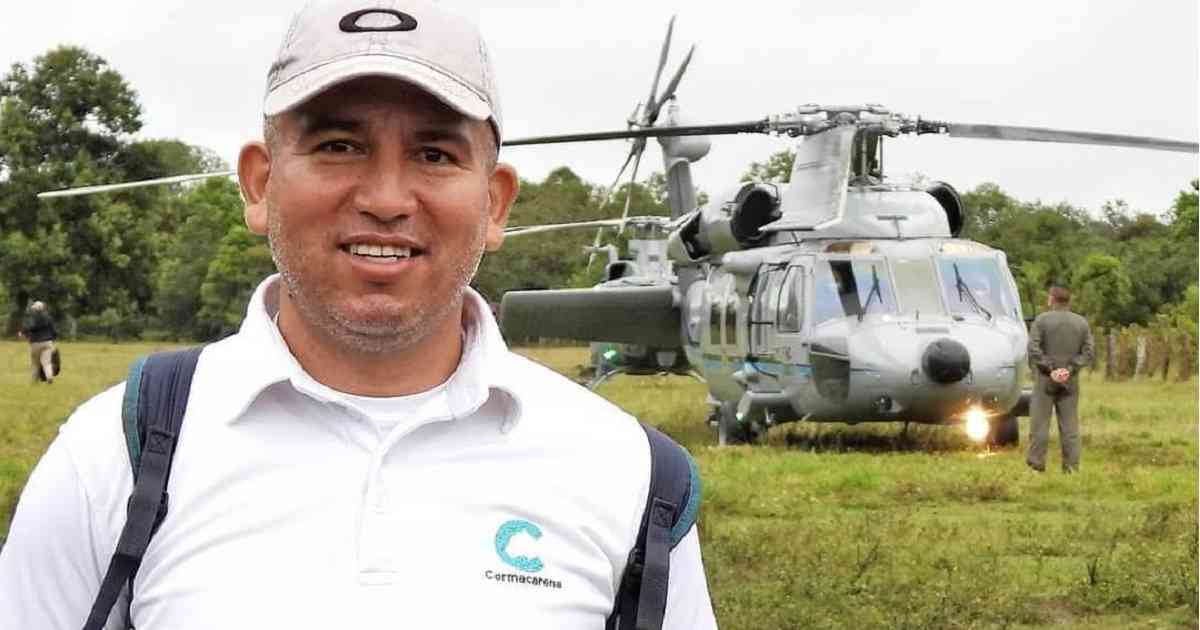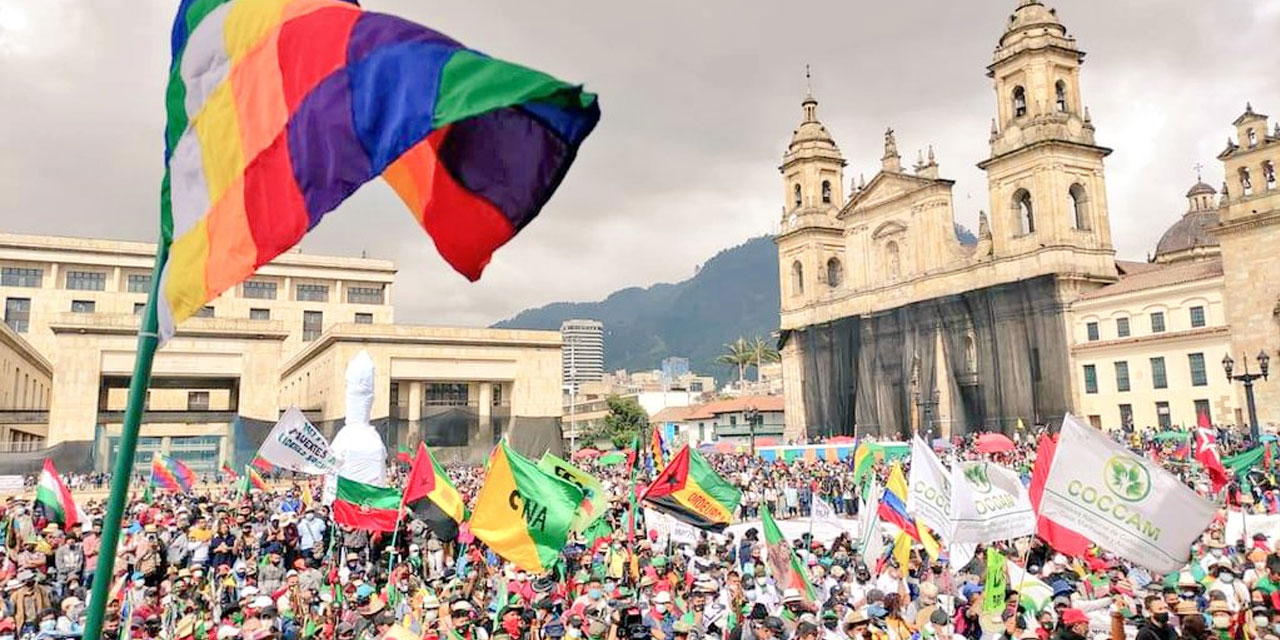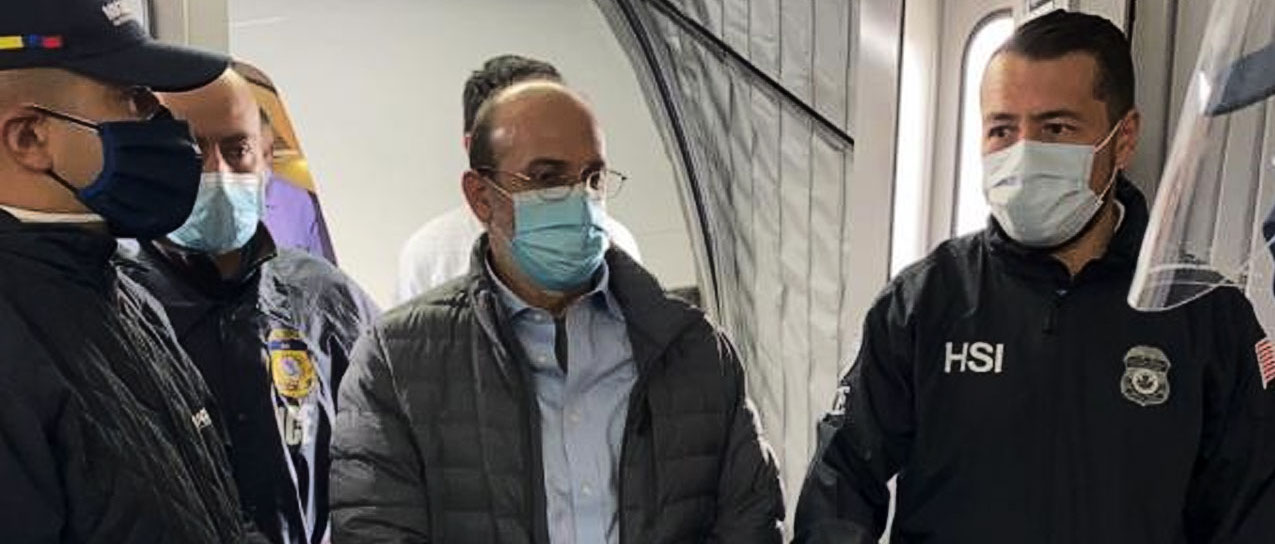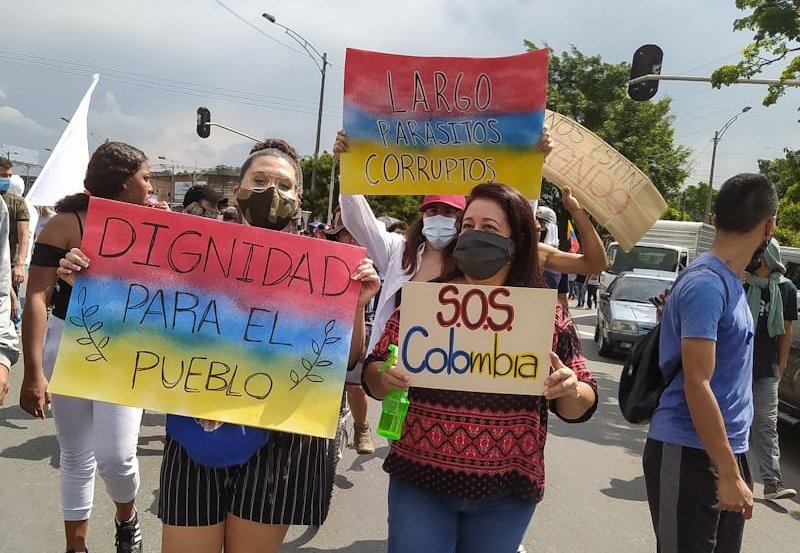
Colombia: gunmen fire on indigenous protesters
Colombian President Iván Duque flew to Cali in the middle of the night after street clashes in the southwestern city left several indigenous protesters injured. Amid a national strikesparked by Duque’s proposed burdensome tax reform, some 5,000 indigenous activists from the nearby administrative department of Cauca had been holding a “Minga,” or protest gathering, on the outskirts of Cali, when unknown gunmen in civilian dress arrived in a pickup truck and opened fire. The Regional Indigenous Council of Cauca (CRIC) reported that at least 10 activists were wounded, and that the gunmen were intermingled and cooperating with uniformed police. Bogotá has also seen days of street fighting, while an ongoing street festival, with music and dancing, is being maintained by strike supporters in Medellín—despite police repression that has led to hundreds of detentions. (Photo: Colombia Informa)



